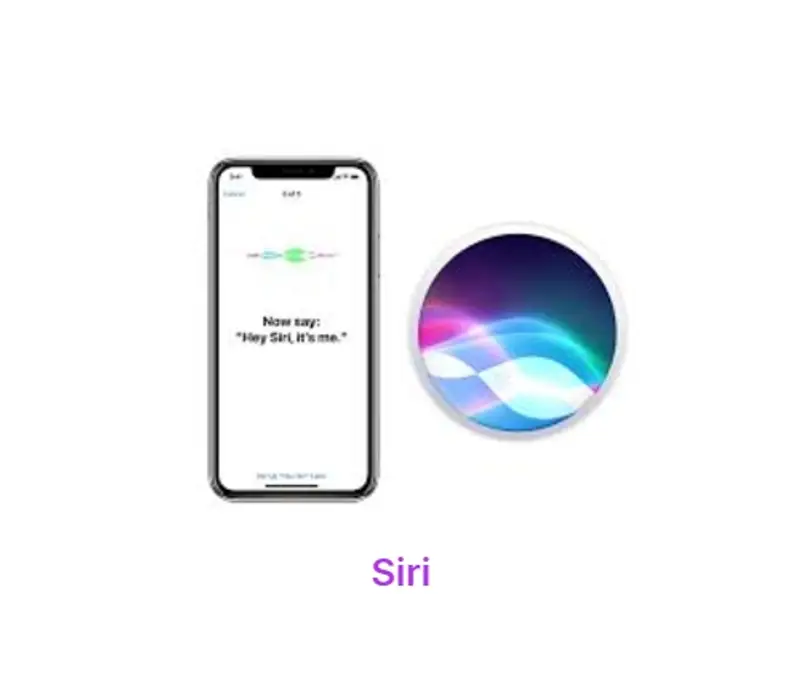Siri Transforming Apple's Voice Assistant

Siri, Apple's voice-activated personal assistant, has transformed the way users interact with their devices since its introduction in 2011. Whether it's sending a message, scheduling a meeting, or finding directions, Siri's voice-controlled interface has brought convenience and accessibility to millions of users worldwide. But Siri is more than just a tool for simple tasks—it represents Apple's commitment to pioneering AI-driven technology.
The Origins of Siri: From Startup to Apple's Crown Jewel
Siri's story began long before it became a household name. It originated from a project funded by the Defense Advanced Research Projects Agency (DARPA) in the early 2000s. Siri Inc., the company behind the assistant, was co-founded by Adam Cheyer, Dag Kittlaus, and Tom Gruber in 2007. Their vision was to create a voice-activated assistant that could understand natural language and perform complex tasks based on user requests. In 2010, Apple acquired Siri Inc., setting the stage for its integration into the iPhone 4S in October 2011.
Siri's Impact on Apple's Ecosystem
Upon its release, Siri became an instant sensation. Users could now interact with their iPhones in a way that felt natural and intuitive. This voice-controlled interface added a new layer of convenience to Apple's already robust ecosystem. It wasn't long before Siri expanded to other devices, including the iPad, Apple Watch, Apple TV, and even Mac computers.
Siri's integration across the Apple ecosystem has allowed users to seamlessly switch between devices while maintaining access to their virtual assistant. Whether asking Siri to play a song on an iPhone or set a reminder on an Apple Watch, the assistant ensures a smooth, connected experience.
How Siri Works: The Technology Behind the Voice
Siri uses a combination of machine learning, natural language processing (NLP), and artificial intelligence (AI) to interpret and respond to user commands. When a user speaks to Siri, the assistant analyzes the spoken words using speech recognition technology. Siri's NLP capabilities allow it to understand the intent behind the user's words and execute the appropriate actions.
Behind the scenes, Siri processes the user's request by connecting to Apple's servers, which provide the assistant with up-to-date information and services. Once the request is processed, Siri delivers a spoken response or performs the requested task. This blend of local and cloud-based processing ensures that Siri remains fast, reliable, and accurate in a wide range of scenarios.
Key Features of Siri: Beyond Voice Commands
Siri offers a wide array of features that extend far beyond basic voice commands. Some of the most popular features include:
- Hands-Free Operation: With the "Hey Siri" feature, users can activate Siri without touching their devices. This hands-free operation is particularly useful when driving or when users have their hands full.
- Multilingual Support: Siri supports over 20 languages, making it accessible to users worldwide. It also understands various dialects and accents, ensuring accurate responses for users regardless of their location.
- Smart Home Integration: Siri plays a key role in Apple's HomeKit ecosystem, allowing users to control smart home devices through voice commands. From adjusting the thermostat to locking doors, Siri simplifies home automation.
- Personalized Assistance: Siri can learn a user's habits and preferences over time, providing personalized recommendations and responses. For example, if a user frequently orders coffee from a particular café, Siri can suggest placing an order at the usual time.
- Accessibility Features: Siri has become an essential tool for individuals with disabilities. Voice commands enable users with limited mobility to perform tasks like sending texts or making calls without needing to interact physically with their devices.
Siri's Competitors: How It Stacks Up Against the Competition
Siri was one of the first voice assistants to enter the market, but it's now up against stiff competition from the likes of Amazon's Alexa, Google Assistant, and Microsoft's Cortana. While each assistant has its strengths, Siri's tight integration with the Apple ecosystem gives it a unique edge.
Amazon's Alexa excels in home automation, with a vast array of compatible smart devices. Google Assistant, known for its powerful search capabilities, offers superior contextual understanding and access to Google's vast knowledge base. However, Siri's strength lies in its seamless integration with Apple's hardware and software, offering a level of synchronization that rivals struggle to match.
Challenges and Criticism: Where Siri Falls Short
Despite its many strengths, Siri has faced its share of criticism over the years. Some users have pointed out its occasional difficulty in understanding complex or accented commands. Additionally, Siri's capabilities lag behind those of its competitors in certain areas, such as handling follow-up questions and executing multi-step commands.
Apple has continually worked to improve Siri, introducing new updates and features with each iOS release. However, the company remains cautious about expanding Siri's functionality too rapidly, opting to prioritize user privacy and security over features that require extensive data collection.
Siri and User Privacy: Apple's Commitment to Security
One of Siri's standout features is Apple's commitment to user privacy. Unlike competitors who collect and analyze vast amounts of user data, Apple has designed Siri to minimize the amount of personal information it collects. Siri uses anonymized identifiers rather than tracking specific users, and Apple provides users with control over what data is shared.
In recent years, privacy concerns surrounding voice assistants have grown. Incidents where voice assistants have recorded conversations without user consent have made headlines. Apple's focus on protecting user privacy has helped Siri maintain trust with its user base, setting it apart from other voice assistants.